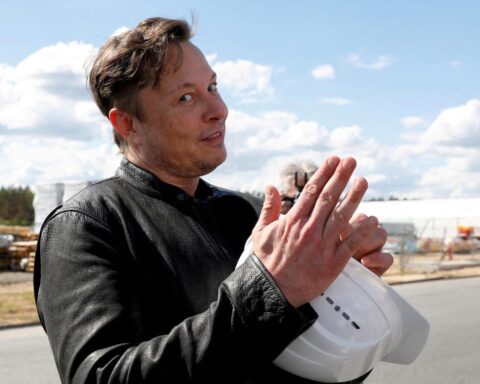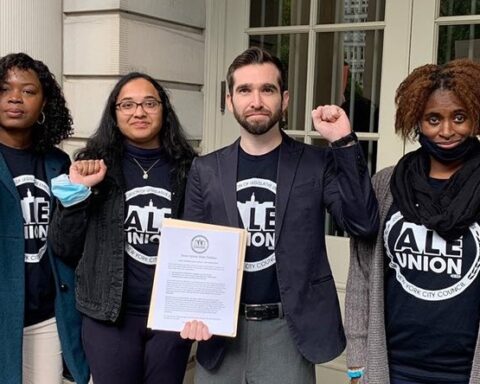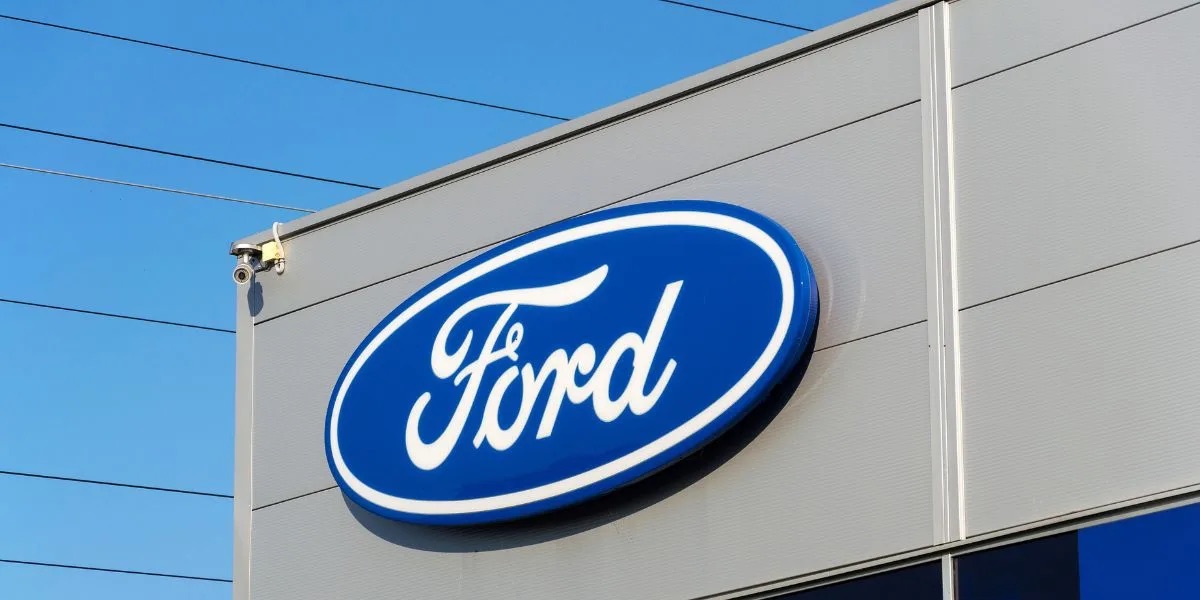Ford – The United States is home to numerous major corporations across various industries, exporting their products and services to the globe.
Before Elon Musk and Tesla ushered in a new era of electric vehicles, gas-fueled cars roamed the concrete roads.
Ford Motor Company is among the leading American automobile manufacturers, operating for more than a century.
The company has thrived across economic challenges, often coming back with something new to the market.
Due to the rise of electric vehicles, Ford decided to adapt, revealing plans for several new products.
The F-150 Lightning pickup truck is among the most anticipated products from Ford.
However, a recent issue has prompted the company to halt production.
The news
On Wednesday, Ford Motor announced that it is expecting the F-150 Lightning pickup’s production to falter until the end of next week.
During that time, the company will address a potential battery issue after a vehicle’s battery went into flames.
The fire was confirmed one day after the company announced the suspension of the highly-anticipated vehicle at the start of last week.
On Wednesday, Ford speculated that engineers found the source of the fire.
The investigation is projected to be completed by the end of next week.
The company will then add adjustments to the truck’s battery production process, which could take weeks.
The fire
The Detroit Free Press first reported the battery fire.
The report said it occurred during a pre-delivery quality check in a holding lot.
The fire then spread to a nearby vehicle.
Although Ford addressed it, a company spokeswoman declined to give further details on the issue.
The fire prompted the company to put a hold on production and stop shipment on the trucks that were completed.
South Korean company SK On, a spinoff of SK Innovation, supplied the batteries.
Ford announced a joint venture with SK On to develop battery production facilities on US soil last year.
According to the company, they weren’t aware of any battery issues in vehicles already delivered to customers and dealers.
Furthermore, Ford retailers can still sell vehicles they have in stock.
Sales pressure
Ford’s F-150 Lightning pickup is being monitored closely by investors.
The high-profile observation boils down to the pickup truck becoming the first of its kind (an electric variant) to go on the market.
It is also touted as a major launch for Ford.
However, the battery issue adds to Ford’s ongoing “execution issues” that were brought up in early February by CEO Jim Farley, which he says crippled the company’s fourth-quarter earnings.
On Wednesday, Farley emphasized that the company needs to improve operationally to align margins with competitors and produce more revenue.
According to the CEO, Ford isn’t as profitable as its legacy peers due to a cost disadvantage between $7 billion and $8 billion.
During a Wolfe Research Conference, Jim Farley made an urgent call to arms, saying:
“We can cut the cost, we can cut people, we can do that really quickly and we’ll do whatever we need to.”
“The reality is that if you don’t change the efficiency of engineering, supply chain and manufacturing, the basic work statement, the way people work, the efficiency of that it’ll grow back.”
“This is really about redesigning what we do in the 120-year-old part of the company.”
Similar problems
Automakers typically deal with vehicle issues and recalls.
However, battery problems are unique due to how much automakers spend, investing billions of dollars to produce vehicles.
A notable and recent issue of similar gravity comes from General Motors’ Chevrolet Bolt electric vehicle.
In 2021, GM was forced to recall the Bolt EV due to fire issues.
The manufacturing defects led 13 bolts to spontaneously combust, prompting the company to recall every electric car they sold since their 2016 production.



















